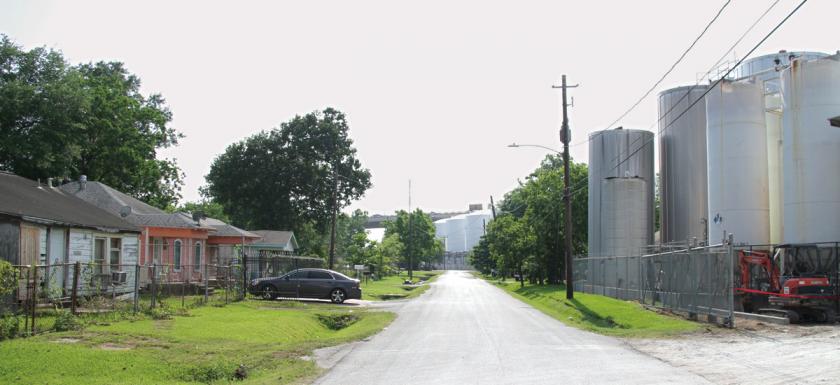Environmental Justice, Science, and Democracy
Date: 9/26/2016
Author: Garett Sansom
Members of the engagement team had the opportunity to attend the Environmental Justice, Science, and Democracy Forum hosted by the Union of Concerned Scientists (UCS) and the Center for Earth, Energy, and Democracy in St. Paul, MN. It was an occasion for community planners, activists, scientists, and members of Environmental Justice communities to speak about the friction between populations and researchers and to begin to find a path forward that respects individuals while still providing high quality scholarship. These communities, often called "fenceline neighborhoods" due to their close proximity to industry, are facing some of the worst pollution in our country right in their own backyards.

Image Courtesy of Yvette Arellano from t.e.j.a.s
The rift between those performing research and those having research performed on them has existed within many communitites for generations. From UCS:
Indigenous communities, communities of color, and low-income communities across the United States are fighting for environmental justice. These communities have been disproportionately burdened by polluting industrial facilities and land and natural resource exploitation, which cause serious health impacts and safety hazards. EJ communities are pushing back, demanding transparency and accountability from policymakers and corporations.
Science could play a powerful role in the EJ movement. But too often, science has been used by powerful interests to minimize and dismiss community EJ concerns. The resulting legacy of mistrust creates serious challenges to productive scientist/community collaboration on EJ issues.
Many of the grievances and issues raised at the workshops validated our focus on ethical and compassionate community engagement, which has been a cornerstone to how we operate. These include committing to neighborhood betterment for long-term goals instead of pulling out once our scientific needs are met. Changing the funding structure by actively assisting community organizations to win grant proposals and then having the academic institution be paid and invited to conduct research by them. This reversal of financial power builds local capacity and creates strong ties of trust.
While our faculty, staff, and students are committed to a principled approach to research endeavors, topics were raised that challenged us to continue to improve. Two such issues were giving back to the community and involving them in the publication process. Therefore, events will be held within our living laboratories that are open to the community to listen to presentations that will discuss current and ongoing projects as well as findings from this research. This will also be an opportunity for individuals to raise questions, criticism, concerns, or request certain actions to be taken. Similarly, researchers will attempt to include local leaders and organizations in the publication process for the betterment of both parties. Our events section will highlight these opportunities as they become available.
Please click to discover more information about the Union of Concerned Scientists (UCS) or the Center for Earth, Energy, and Democracy (CEED)